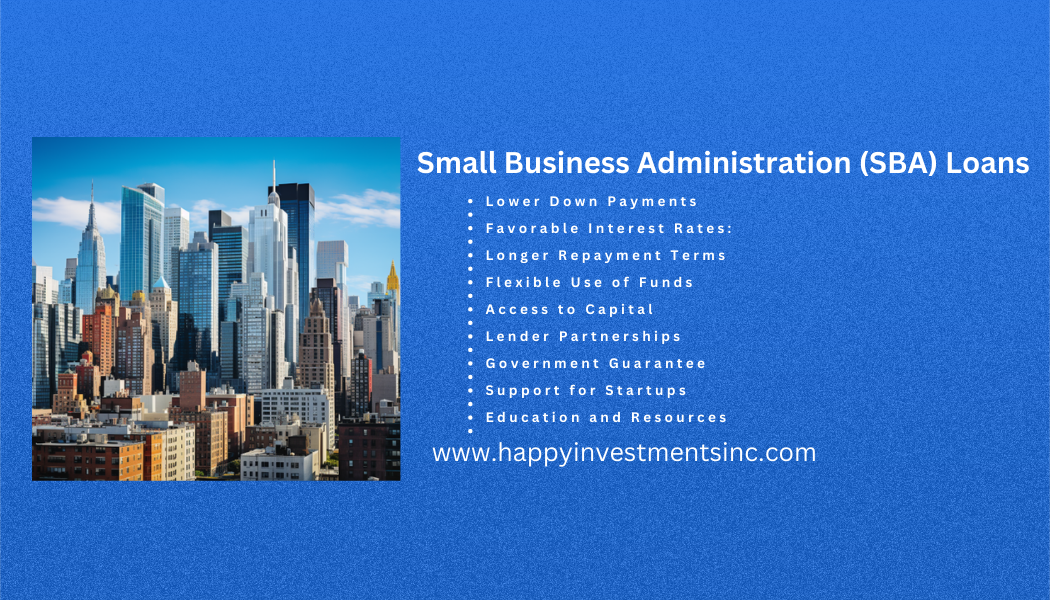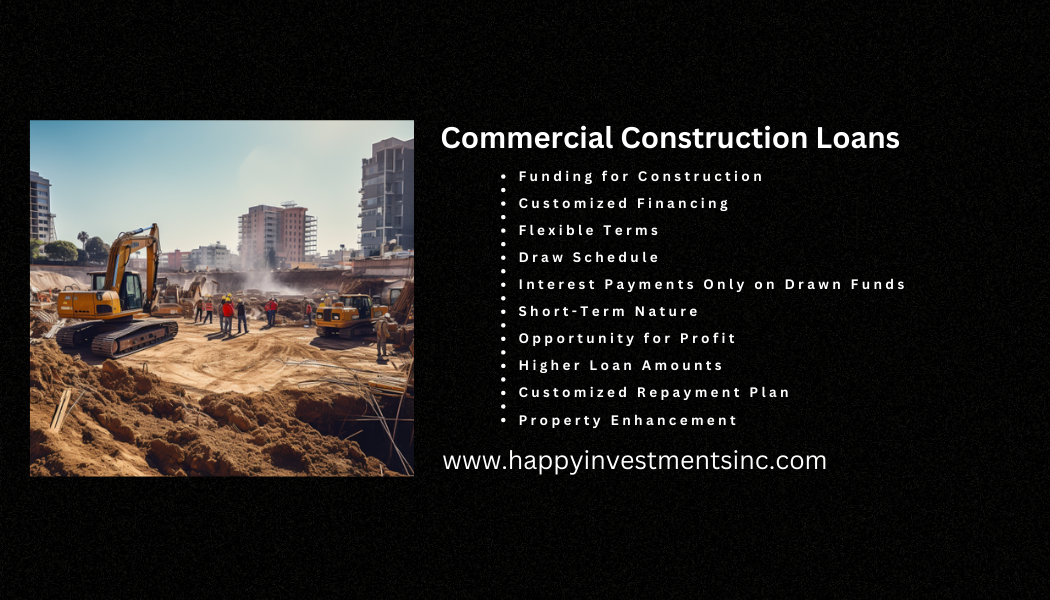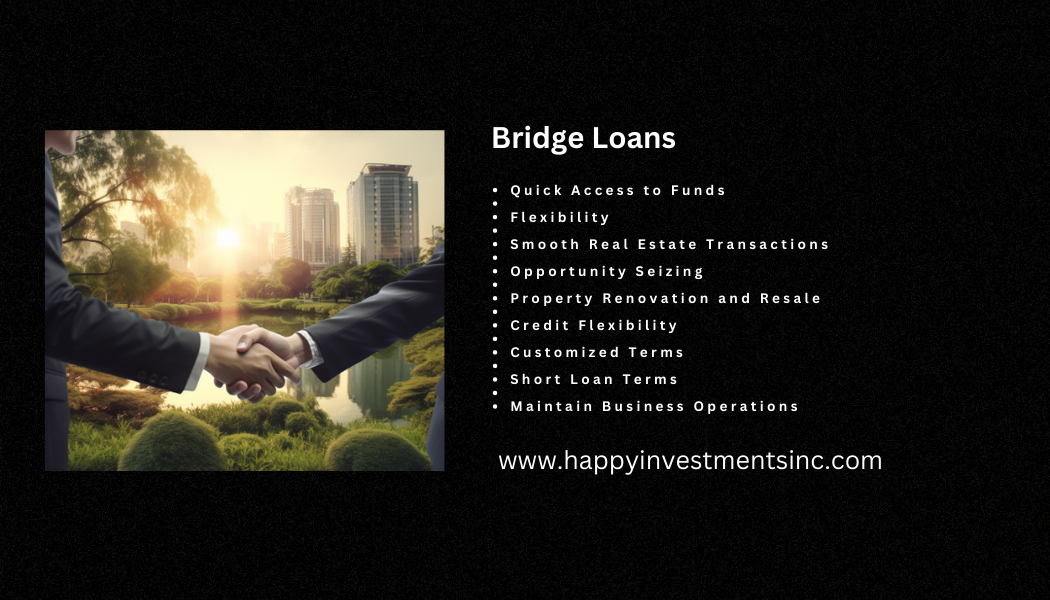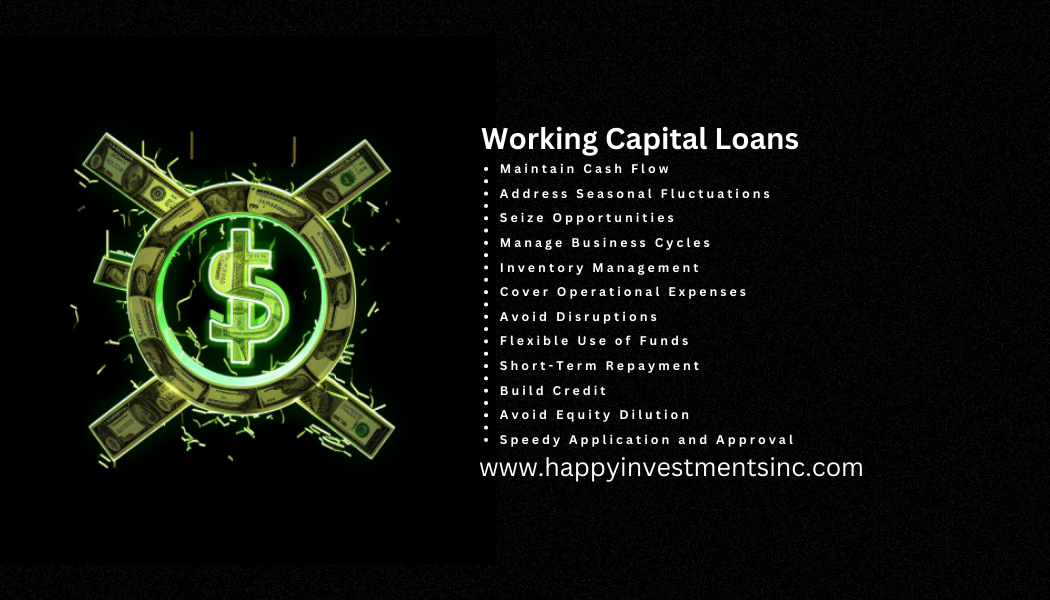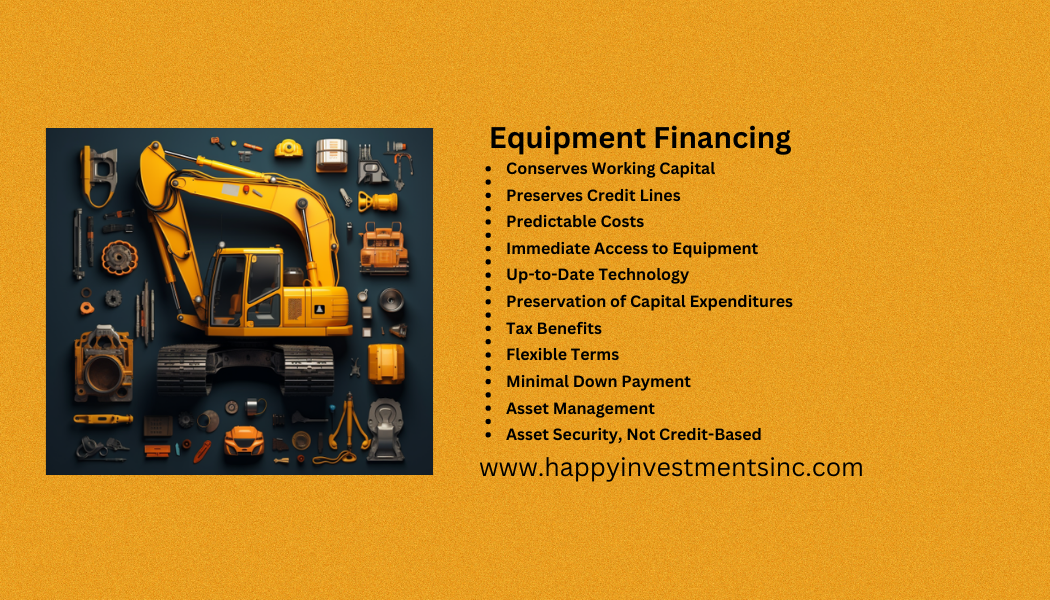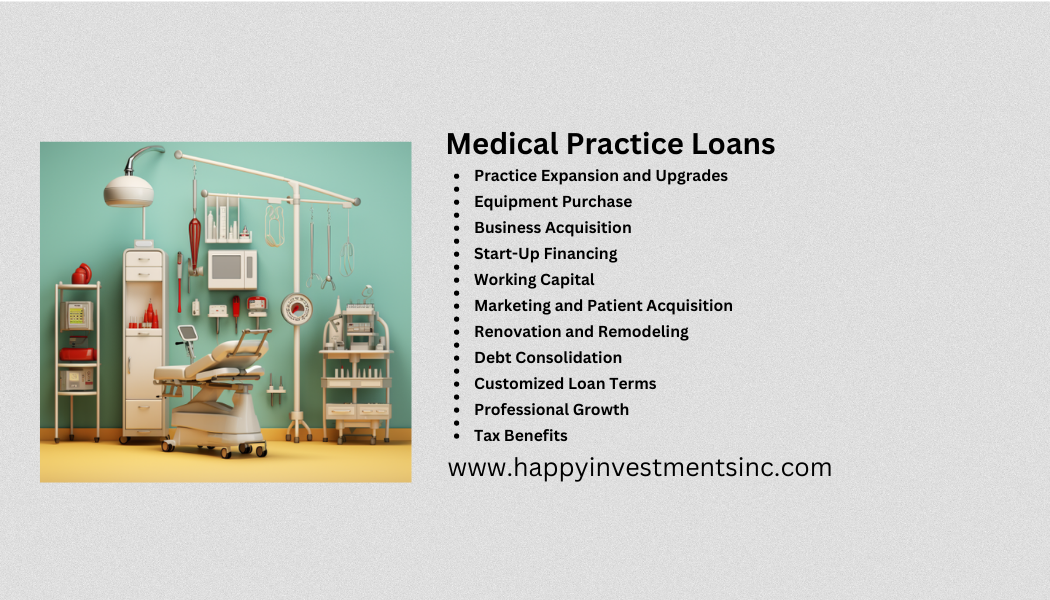Commercial Real Estate Loans are financial instruments designed to provide funding for different kinds of commercial home acquisitions, developments, and remodeling. These loans are usually secured by the property itself and are a vital resource for organizations and financiers wanting to broaden or enhance their realty holdings. Different kinds of Commercial Real Estate Loans include:
1.Traditional Commercial Mortgages: These loans work similarly to domestic mortgages, where the borrower receives a lump sum upfront and pays back the loan amount in addition to interest over a given period. They are commonly used for buying or re-financing homes such as office buildings, retail centers, and warehouses.
2.SBA 7( a) Loans: Offered by the Small Business Administration (SBA), these loans provide funding to small companies for real estate acquisitions, building, or refinancing. They often include beneficial terms and lower deposit requirements.
3.Commercial Construction Loans: These loans are created to money the building of brand-new industrial properties or significant renovations of existing ones. The funds are paid out in stages as the building advances.
4.Bridge Loans: Bridge loans supply short-term funding to bridge the space in between instant financing requirements and longer-term financing solutions. They are commonly used for time-sensitive deals or when a residential or commercial property requires restorations prior to it can receive irreversible financing.
5.Commercial Equity Loans: Also referred to as equity lines of credit, these loans allow homeowner to use their home’s equity to money various company requirements, such as growth, working capital, or enhancements.
6.CMBS Loans (Commercial Mortgage-Backed Securities): These loans include product packaging a swimming pool of business property loans into securities that are sold to investors. The income generated from the hidden loans functions as security for the securities.
7.Hard Money Loans: These are short-term, high-interest loans often utilized by real estate investors for fast acquisitions or to capitalize on time-sensitive opportunities.
8.Mezzanine Loans: Mezzanine funding sits in between senior financial obligation and equity in a capital stack. It’s a way to protect extra funds using the home as security, often utilized for development jobs.
9.HUD/FHA Loans: Provided by the U.S. Department of Housing and Urban Development (HUD), these loans offer financing for multifamily residential or commercial properties, healthcare centers, and other types of business realty projects.
10.Owner-Occupied Commercial Real Estate Loans: These loans are customized for services that intend to occupy the majority of the residential or commercial property they acquire. They typically feature favorable terms and lower deposit requirements.
Each kind of Commercial Real Estate Loan serves various functions and comes with differing terms, rates of interest, and eligibility criteria, enabling companies and investors to pick the financing alternative that best aligns with their requirements and objectives.

 The Small Business Administration (SBA) loans are monetary support programs used by the United States federal government to support and promote the growth of small businesses. These loans are designed to supply budget-friendly funding choices to entrepreneurs and small business owners who might have difficulty obtaining loans through traditional channels due to various reasons, such as restricted collateral or credit report. There are several kinds of SBA loans readily available, each tailored to particular company needs:
The Small Business Administration (SBA) loans are monetary support programs used by the United States federal government to support and promote the growth of small businesses. These loans are designed to supply budget-friendly funding choices to entrepreneurs and small business owners who might have difficulty obtaining loans through traditional channels due to various reasons, such as restricted collateral or credit report. There are several kinds of SBA loans readily available, each tailored to particular company needs: Business loans are monetary arrangements where a loan provider provides funds to a company entity to support its functional needs, growth, or other strategic efforts. These loans play a vital role in assisting in growth and maintaining cash flow for organizations. There are a number of kinds of company loans customized to numerous functions and borrower profiles:
Business loans are monetary arrangements where a loan provider provides funds to a company entity to support its functional needs, growth, or other strategic efforts. These loans play a vital role in assisting in growth and maintaining cash flow for organizations. There are a number of kinds of company loans customized to numerous functions and borrower profiles: There are various kinds of business loans. However, a few of the most typical are permanent loans, bridge loans, industrial building and construction loans, and conduit loans. The framework of the loan mostly contains the principal (quantity being loaned) interest rate and term (length of time of the loan). Other aspects such as the borrower’s credit score, the industrial realty being used as security, general market conditions, and so on, develop the structure of an industrial home mortgage. Industrial property doesn’t should be made complex. There are Owner-occupied company loans and financial investment real estate loans. Call Today: (951) 963-9399.
There are various kinds of business loans. However, a few of the most typical are permanent loans, bridge loans, industrial building and construction loans, and conduit loans. The framework of the loan mostly contains the principal (quantity being loaned) interest rate and term (length of time of the loan). Other aspects such as the borrower’s credit score, the industrial realty being used as security, general market conditions, and so on, develop the structure of an industrial home mortgage. Industrial property doesn’t should be made complex. There are Owner-occupied company loans and financial investment real estate loans. Call Today: (951) 963-9399.



